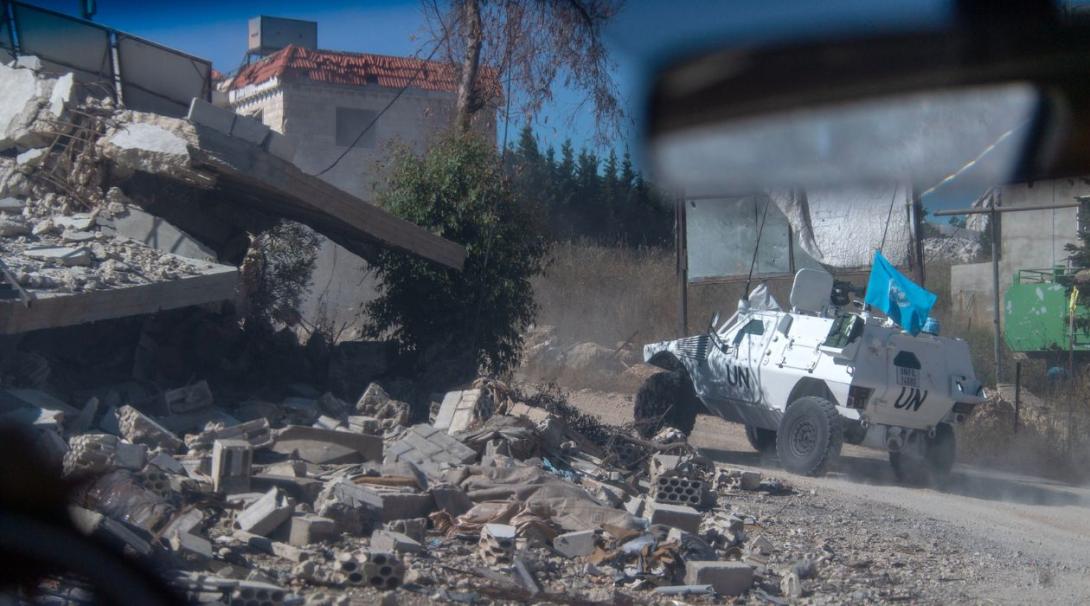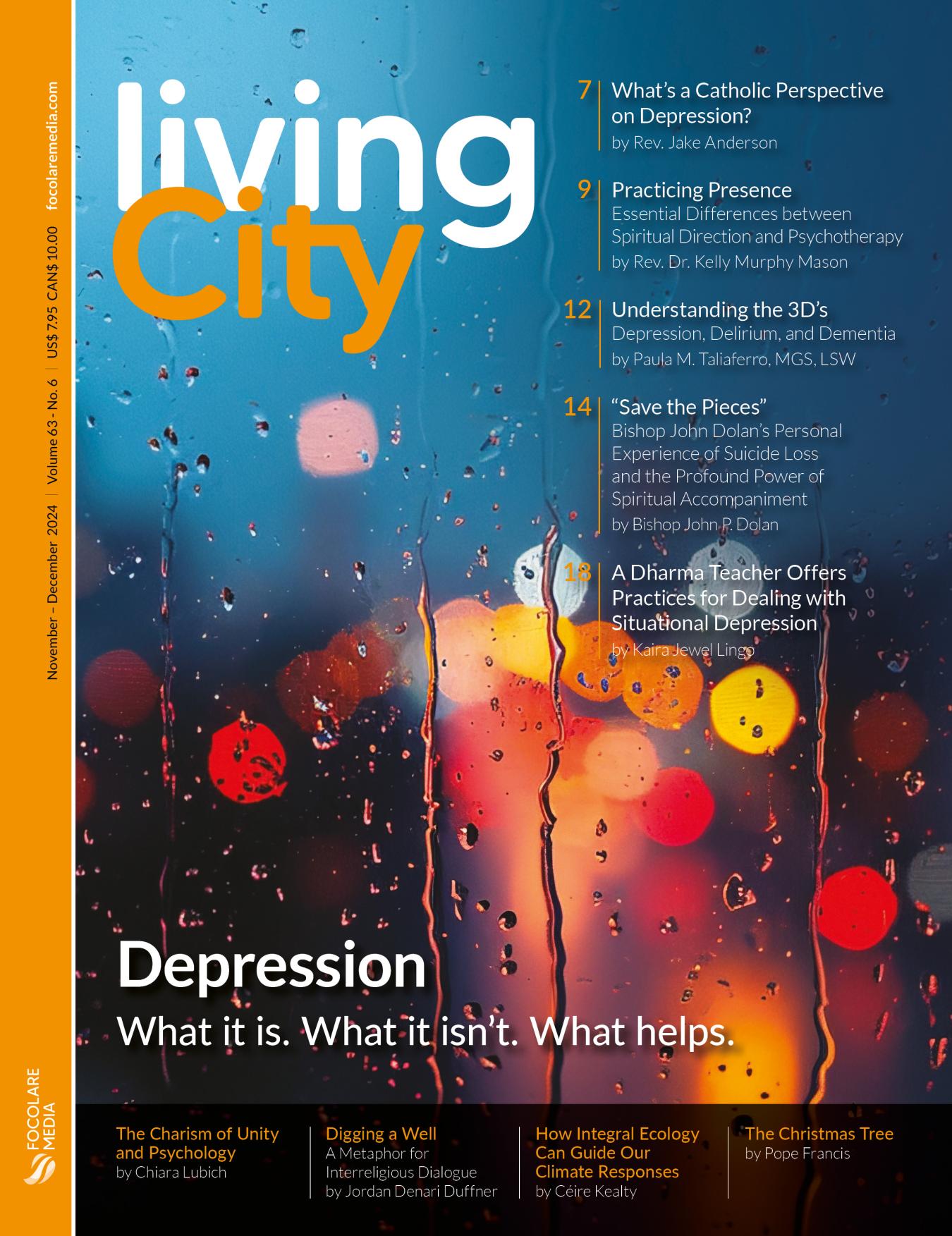
Image from UNIFIL on Flickr
Marianne is an engineer, mother of four. Living through another war and keeping hope is her daily battle.
As the explosions and sounds of crumbling destruction continue throughout the night, Marianne, a Lebanese engineer and mother of four, prepares for a new dawn filled with questions. “Were you able to sleep? What happened while we were sleeping?” This is how the day begins in Marianne’s Christian neighborhood of Beirut since September 24, the day the Israeli government decided to attack Hezbollah militias in southern Lebanon, determined to root out their leaders, just as it tried to do with Hamas in the Gaza Strip.
The radio news in Marianne’s house brings not the strategic plans of the war, but the heartbreaking numbers: the dead and the wounded. Then follow the numbers of collateral casualties: goats, cows, sheep, forests. Finally, the commentator pronounces the names of the affected villages and communities. Distances and times materialize in Marianne’s engineer’s mind: 20 kilometers from home, 45 kilometers; half an hour, 15 minutes. Everything in Lebanon is too small, too close. “Southern suburbs of Beirut hit,” reads the news report, and Marianne knows those distances can be covered in just over ten minutes by car.
As the electricity arrives from the neighborhood’s general generator, installed three years ago when the fuel crisis began and affording a stand-alone generator became impossible, this young mother makes herself a coffee. Her moment alone before her children’s other questions come: “Are the schools open? Today, yes.” Followed by, “Can we go out? Not today.” Finally, “Do we have to stay home after school?” And in front of Marianne’s assent, the most dreaded question starts: “Why?”
How do you explain to children under ten the reasons for a war that does not spare even their innocence?
How do you explain to children under ten the reasons for a war that does not spare even their innocence? How do you explain to their minds and eyes that bombs, built with the latest technology that Mom applies in her work, are now destroying part of their country? How do you explain that Artificial Intelligence, to which Mom is devoting a PhD, is dictating the goals and successes of yet another Israeli war, heedless of death and destruction? As the intensity of the attacks escalates, more questions are being asked. “Where is your brother?” asks Marianne to her youngest son. These are days of questions that grip the life of this Lebanese woman, who, along with her husband, is struggling to hold on and not leave once again. “To go where?” she asks herself. The same question as so many of her neighbors who are staying for fear that their homes will be occupied by the military, displaced persons, or militants, and that once they walk through the door, they may never leave.
“Should we pack up and leave? Just leave the region or leave the country? What about the school? We just bought books. The little one hasn’t started her first class yet.” Marianne also thinks about the company where she works, the other employees. How long can this last? When will the layoffs come?
The rockets continue to fall, sometimes even during the day, heedless of calls from international organizations, Iranian reactions, and new victims who will have Lebanese names, while to the rest of the world they will be Hezbollah affiliates even when the reality is quite different. As the bombing continues, the thought goes to the grandparents. It goes to the uncle abroad, glued to breaking news media reports. Meanwhile, confirmation comes from the local news that it is a friend’s village being bombed this time. “What will have happened to him? Will he still be alive? Whose turn will it be next?”
“Should we pack up and leave? Just leave the region or leave the country? What about the school? We just bought books. The little one hasn’t started her first class yet.”
Marianne explains that the region where they live is mostly Christian, “although mixed with hundreds of Syrian Muslim refugees in every corner, the result of a crisis that has lasted more than ten years.” This area of the country is described as safe, “but you never know what the war machines and drones are looking for.”
As the children chase her with their questions, Marianne tries to escape the answers, especially those she owes to her eldest son. “He is studying human rights, but he realized early on that these rights are not equal for all peoples and he looks at the future of the country and his own with so many questions that she, as a mother, cannot answer and has to surrender to a “I don’t know.” Instead, faith makes Marianne say, “God will guide us. I am sure of that. Even in this present tragedy as he has in past ones,” and she begins to recite the sacred supplications to God and the Virgin Mary in her own language, wondering once again if this is where her hope comes from.
“Faith gives us the power to endure even when we have nothing, trusting that Evil will not have the last word and God’s justice will prevail,” concludes this young Lebanese woman, resuming a daily routine where sadness, fury, anger, confusion, hope, and still questions about the end of this umpteenth war with Israel are mixed.
This article was first published at AgenSIR on October 14, 2024.












